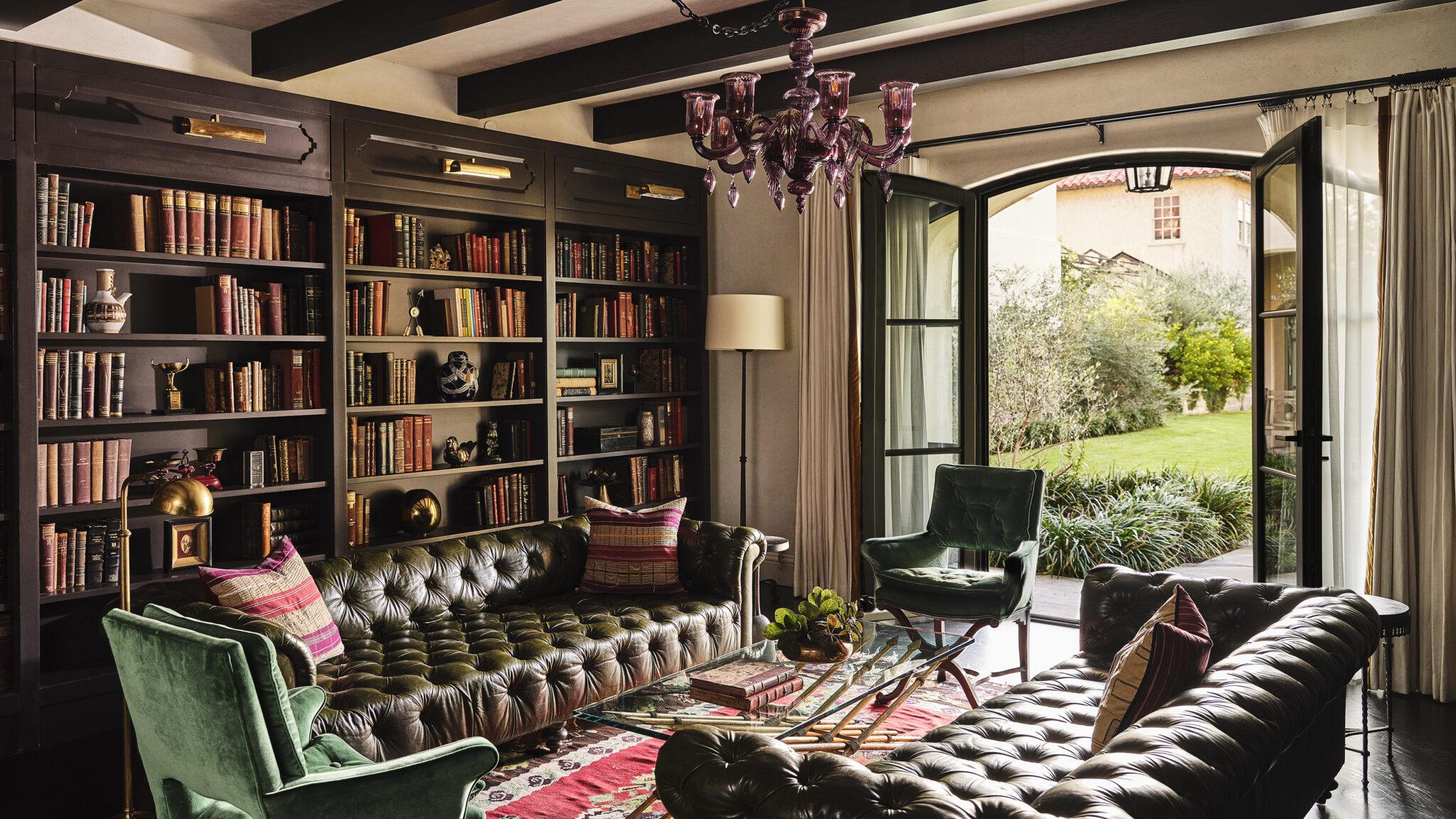Skift Take
True luxury doesn't come from glitz. It is generated by the 10% extra effort a team delivers beyond already high standards.

On Experience
Colin Nagy, a marketing strategist, writes this opinion column for Skift on hospitality and business travel. On Experience dissects customer-centric experiences and innovation across the luxury sector, hotels, aviation, and beyond. He also covers the convergence of conservation and hospitality.
You can read all of his writing here.
Travel blogger Ben Schlappig recently shared details of a mediocre stay at a luxury property that charges $3,000 a night during ski season. I find Ben to be a consistently objective reviewer, and the issues he outlines would be egregious at any property, let alone such a pricey one.
It wasn’t just the broken fireplace. Or that there was no hot water. And no Advil. It was that there was no one to take ownership and address the issues, either with creative solutions or a reasonable make-good.
His experience highlights the tension between luxury pricing and the reality of the service these brands provide. It comes down to the quality of service culture and training.
This has been a recurring theme in this column: The bedding, design and wine program may exude luxury, but a true luxury experience is about the service – the 10% more effort from staff.
A Luxury Culture
Top service is born out of strong cultures: a successful equation is hiring people with the intangible hospitality “thing” and then raising them in a culture of excellence, where both creativity and effort are brought to bear on both the day-to-day of everything (as well as when things go horribly wrong).
For many luxury guests, these intangibles of spirit is what they are paying for. It is not about the glitz, but rather the compound effect of many human interactions during the course of a stay.
As I think about the good experiences I’ve had over my traveling career, a few come to mind. I left a dress shirt at an Auberge property in Austin. It was returned to me, beautifully pressed, with a nice note and a hand-pressed flower from the garden. I was floored.
Upper House in Hong Kong was legendary for small gestures like this: When female guests ran out of an expensive cream, the hotel would replace it at its own expense.
I have always loved that Mandarin Oriental housekeeping will put a beautiful bookmark in a book left on the table, or help wrangle a mess of cords, or clean a pair of glasses left on an entryway table.
This extra 10% is what can turn a guest from a one-off customer into one that is obsessed with a brand for life.
Leadership to Build a Luxury Team
Restauranteur Will Guidara outlined this world very well in his book, Unreasonable Hospitality. He famously elevated Eleven Madison Park into the best restaurant in the world, and also made a service culture that was unrivaled.
But what stood out to me was the incredible leadership that took the team to that level. He, and other seasoned senior members of the staff, were helping the others go from good to exceptional by creatively looking for ways to subtly improve every touchpoint at any given time.
The book’s best moments are the small ones: A subtle gesture from a waiter behind the back to indicate sparkling or still water so it arrives immediately after they walk away. They were meticulous about how the plates sit on the table (aligning with a non-visible brand mark at the bottom). Though it was invisible to the guest, tiny details like these, painstakingly thought through, build a culture where everything counts.
Hotels run with lots of standard operating procedures. Layered on top are things like the Forbes service standards that detail how many times a phone should ring, or how a guest should be personally escorted rather than given a vague pointed gesture.
True luxury hospitality builds on these procedures and adds a layer of creativity and improvisation.
The industry is trying to find, recruit, and cultivate the next level of great hoteliers. If they can appeal to this sense of honor that comes from extra effort, and the noble cause of empathy and care, then they have a strong “sell.” It’s not something AI can do.
A former Special Forces friend of mine explained to me how they assess candidates: There are many factors, but it comes down to finding people who will do the “right thing when no one else is looking.” A self-directed person with moral integrity.
The same goes for luxury hospitality: The sense of internal drive, personal standards, and the ability to try to one-up yourself every day is a rare trait. But when I see just how much of this does exist in the world, it gives me hope for the future of the industry.
Have a confidential tip for Skift? Get in touch
Tags: auberge resorts, luxury hotels, On Experience, the upper house
Photo credit: Auberge Resorts Mountain Laurel Suite Auberge Resorts
